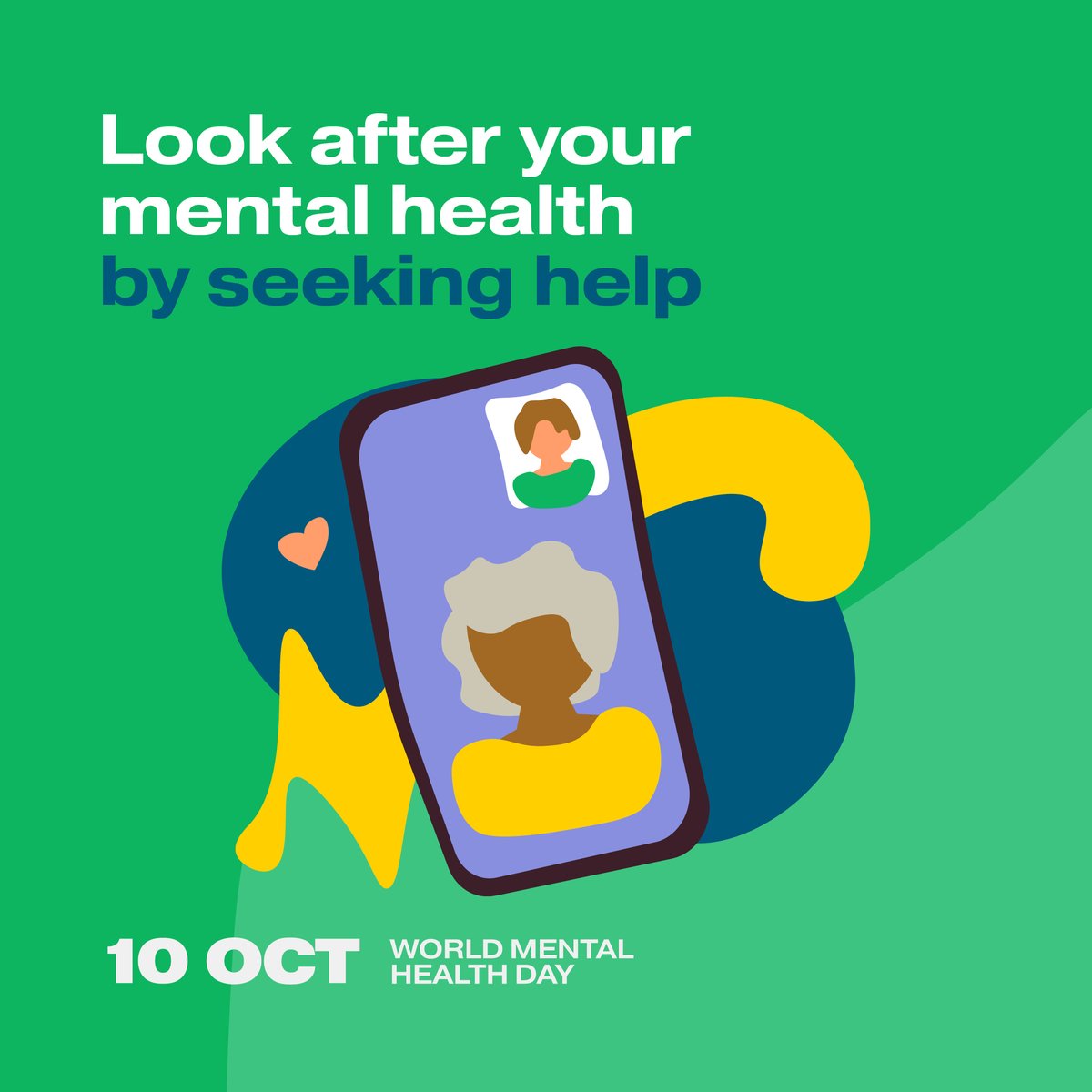#RUOKDay is a useful reminder about how tough help-seeking can be and the role we can all play to reduce barriers to seeking help. Anything from starting a conversation to advocating for more affordable and more widely available services. 

In the lead-up to #WMHD2021, it is important to recognise that many people experiencing distress do not access treatment. mindframe.org.au/mental-health/… 

One barrier is sheer lack of access. As this ABC report shows, “your postcode can influence whether you need help — and if you’ll get it.” There are huge disparities in the availability of services across the continent. abc.net.au/news/2020-12-0… 

The pandemic has changed access somewhat. As Dr Ruth Vine wrote for Mental Health Australia's CEO Update in July, the pandemic has both increased pressure on services but has also expanded the range and capacity of services available mhaustralia.org/newsletters-bu…
As #RUOKDay highlights, it’s also important to foster communities where people can feel safe to talk about their mental health, and we know those around us well enough to notice if something is not quite right; communities genuinely interested & have time to ask #AreTheyReallyOK 

Often the onus for seeking help is on the person experiencing distress (“just ask for help!”), but it can be tough to reach out for a variety of reasons. abc.net.au/everyday/why-i…
Another barrier is that people might not realise that they need help; or they or those around them hold stigmatising attitudes about mental health. 

Sharing stories can help people recognise common links, can make people feel hopeful about the future, help them find resources on managing difficult experiences, and send the message that it’s okay to be who you are.
For more information on seeking help, @headspace_aus has a useful guide on getting a mental health care plan headspace.org.au/blog/how-to-ge…
For more urgent support, you can find resources here mhaustralia.org/need-help
#WMHD2021 #LookAfterYourMentalHealthAustralia
For more urgent support, you can find resources here mhaustralia.org/need-help
#WMHD2021 #LookAfterYourMentalHealthAustralia

@threadreaderapp unroll
• • •
Missing some Tweet in this thread? You can try to
force a refresh














